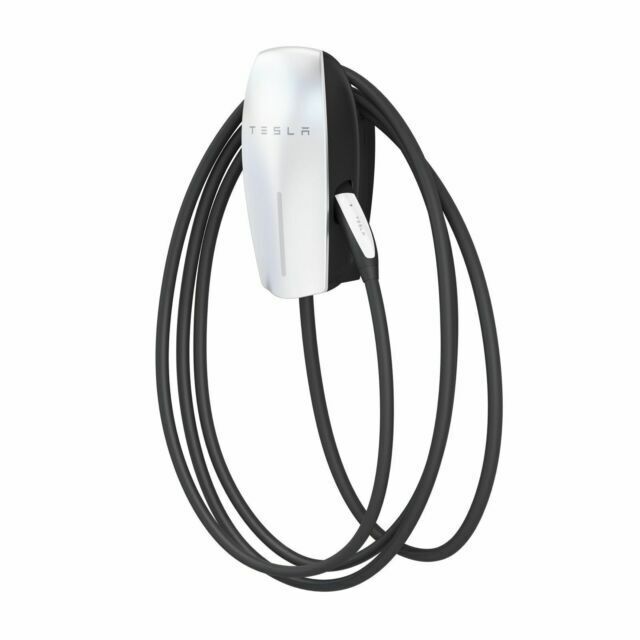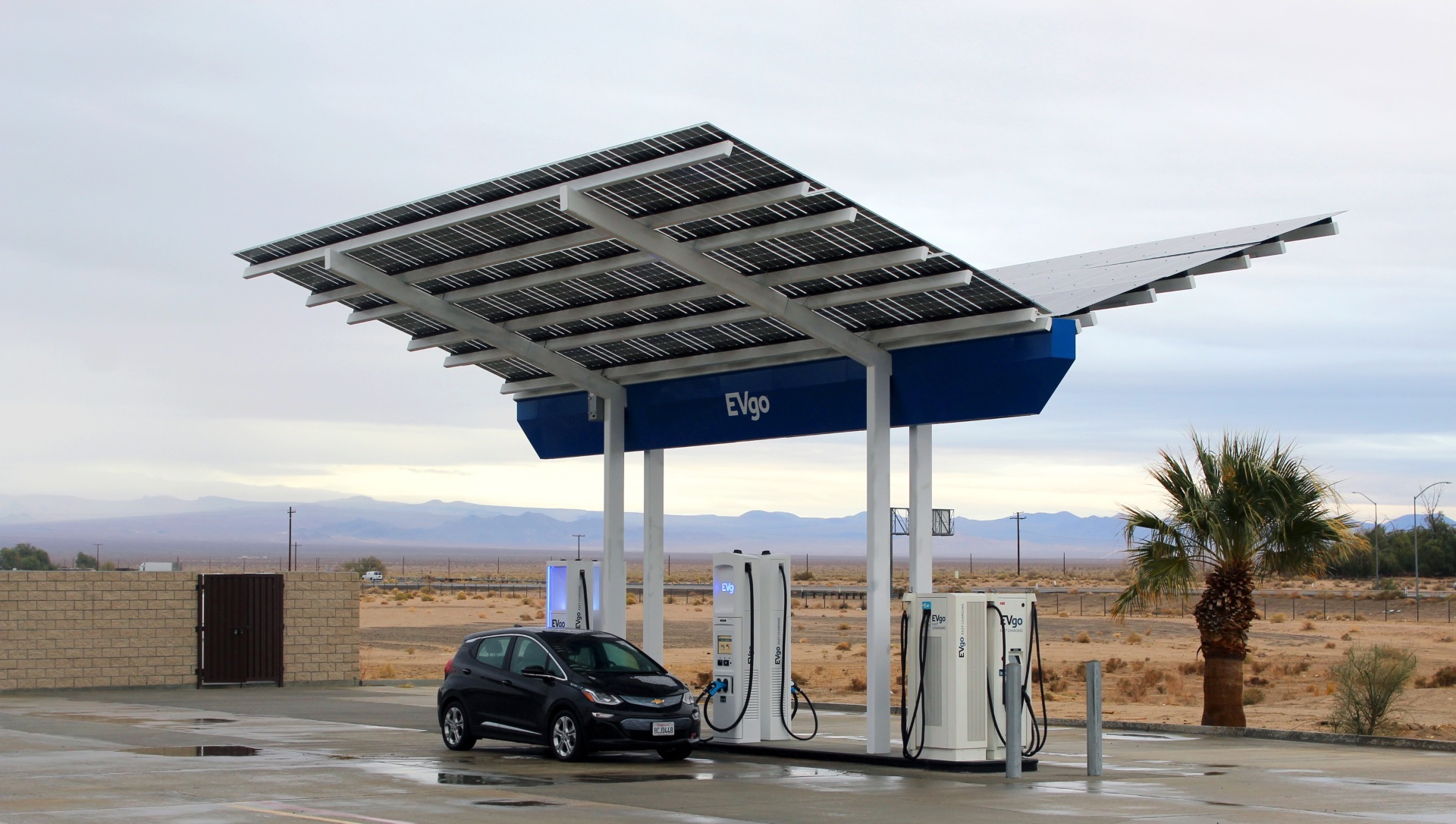
Many cars have self-driving features. They make driving more enjoyable. These features use a number of different technologies to prevent crashes. These features can make driving more enjoyable by allowing drivers not to get stuck in traffic.
Many of the most well-known cars in the US feature self-driving capabilities. These include Toyota RAV4, Honda Accord as well as Mercedes-Benz E-Class. These cars can be found at a price range of $22,000 to $86,000. They come equipped with a wide range of driver assistance technologies, including automatic emergency braking. These systems assist in preventing a collision, even if the driver cannot stop immediately.
Other features include blind-spot monitoring, which can warn the driver of a vehicle that is in the driver's blind spot. Lane-keep aid, which helps the car stay in the lane. Also, adaptive cruise control keeps the vehicle at a predetermined distance from the drivers and vehicles ahead.

The BMW 7 series, a classic car, offers a comfortable and smooth ride. There are a variety of high-tech technology features including active driving assistance, which can programmed to direct the car in case the driver is distracted, or otherwise unresponsive. Extended Traffic Jam Assist is a feature that allows the driver to remove their hands from the wheel and drive at speeds up of 37 miles per hour. The BMW 7 starts at $86,000.
General Motors has been experimenting with driverless technology since 2010. It has created a system called Super Cruise which employs a radar system and cameras that keep an eye on the driver. This keeps the vehicle safe from any cars ahead. It can also disable your car if you become incapacitated. It has been tested on more that 200,000 miles of U.S. Highways.
Ford Co-Pilot360 includes several driver assistance technologies in one package. It features lane-centering and adaptive cruise control, blind spot detection, lane keeping assist, lane-keeping assistance, lane-keeping aid, lane-keeping assistant, lane-keeping help, and forward automatic emergency brake feature. You can also add an override function. The override feature lets the driver take over the car if necessary. The system also allows for emergency assistance to be called.
Tesla models, such as the Model S, have a forward-facing radar that can detect through dust and fog. It can also recognize objects and landmarks in front of it. If the driver touches a turn sign, the vehicle can shift into a new lane.

Other major automakers have developed self driving features as well. These include Cadillac CT4, Infiniti Q Series Mazda3, and Cadillac CT4. All these cars provide exceptional driving dynamics and comfort. These cars also feature top-of the-line self-driving technology. They are affordable and easy to drive. The interiors are stylish and trimmed, and the seats are roomy and comfortable.
While self driving features can improve safety and reduce traffic congestion they will not become the standard. You should remain alert at all times until then.
FAQ
What are the qualifications for an automotive technician
You need to have high school diploma or GED and good grades in English as well as maths. You must also be able to read, and write. You will need to pass a written test and then go through a series of practical exams before being allowed to start work.
What kind of car mechanic jobs exists?
For car mechanics, there are three main areas for employment:
-
Automotive repair shops
-
Dealerships
-
Independent garages
Automotive repair shops
This is where most people consider becoming a mechanic. It's the easiest way for most people to get started. You can either work at a shop owned by someone else or set up your own business.
If you decide to work at a shop, you'll need to apply to join a union. Once you have been accepted into the Union, you'll be given training by the union.
Once the training is completed, you can start working.
If you plan to open your own garage you will need to register with government. After you have registered, you will need to meet certain standards.
After you have registered, you will be issued a license to operate your garage.
Your license will allow you to sell spare parts and do minor repairs. You can't fix major engine problems with your license.
Customers will expect you to not only sell spare parts but also provide advice and guidance.
Dealership jobs
Most dealerships only employ mechanics who have a specific skill set. They might specialize in one area, such as brakes and tires.
Some dealerships hire general mechanics to handle all aspects of car repair.
Some positions require that applicants complete training before they can be allowed to work. Employers can then choose the best candidates for their job.
Some dealerships will even hire graduates right out of university. These graduates already know the basics of mechanical engineering and therefore have no problem learning about cars.
Independent garages
Independent garages are not associated with any one dealership. They tend to be focused on high-quality service.
Independent garages can pay higher wages because they aren't associated with any company. As a result, these jobs are generally better paid than those at dealerships.
However, independent garages may not be better places to work. Many business owners prefer to be in control of their businesses than to delegate it to employees.
It is possible to work long hours, but not have any control over the day.
Also, expect to make lower wages than if your job was at a dealership.
You can switch jobs easily. If you want to work at a dealership, then you simply need to ask your current employer if he would consider hiring you as a mechanic instead.
Alternativly, you can apply directly to the garage owner if you are interested in working at an independent garage.
Finding a new job is not always easy. There are plenty of other factors that influence how much you earn.
You might also consider the vehicle type you repair, and whether extra labor is charged.
What is the distinction between a mechanic or an automotive technician?
The two are similar but not identical. The mechanic fixes cars while the technician maintains them.
A mechanic must be skilled in manual dexterity and able to complete simple tasks quickly. A mechanic should also be able accurately diagnose and repair problems.
A technician in automotive is more technical than a mechanic. They must be capable of reading blueprints and using tools such as drills, wrenches, etc.
They should be able safely to perform complex procedures. They need to be familiar with various types of engines and electrical system.
They must also be capable of understanding how parts interact.
A mechanic typically earns less than an automotive technician. But there are many opportunities for both jobs.
What qualifications is required to become an mechanic?
To become a mechanic, you'll need to pass a series of exams. These exams include:
-
A general knowledge test
-
A practical exam
-
An apprenticeship test
These tests are intended to make sure you have a solid understanding of the basics of mechanics before you can start your career as a mechanic.
You'll be eligible for work as a mechanic after you have passed the tests. However, you'll still need to complete an apprenticeship. This will include training in the trade.
To learn all there is to know about fixing vehicles, you will need workshops and classes. Experienced mechanics will also be required.
A mechanic must be highly focused and attentive to detail in order to succeed. Vehicle repairs require you to be very attentive.
You'll need patience and persistence to become a successful mechanic. If you don't like to follow instructions, then this may not be the right career path for you.
This job is for you if you are passionate about cars and love fixing them.
Statistics
- 52% of Mechanics in the United States think their salaries are enough for the cost of living in their area. (indeed.com)
- According to the BLS, total auto technician employment is expected to exceed 705,000 by 2030. (uti.edu)
- There were 749,900 jobs available for automotive service technicians and mechanics in 2016, which is expected to grow by six percent through 2026. (jobhero.com)
External Links
How To
How to avoid auto mechanic scams
Auto mechanics scamming is a major problem for consumers. On average, a consumer spends $1500 per year on auto repairs. This means there are many people who will take advantage of this situation. But, knowing what to look for can help you avoid falling prey to scammers. These tips can help you identify scammers and stop them from stealing your money.
-
Never pay upfront. If someone asks you to pay them upfront, it's probably a scam. Always ask for payment once work has been completed. If you have any doubts about whether something is legit, contact the Better Business Bureau (BBB), at 1-888-322-8138. They'll provide advice and guidance.
-
Ask for references. Ask for references to help you make sure that you're dealing only with reputable service providers. Also, it's a good idea check online reviews. It's important that any company you deal is reputable.
-
Conduct background checks. A background check is an essential part of hiring someone. Check the BBB website to find out if there have been any complaints. Also, ensure that the vehicle's license number belongs to the person who owns the business.
-
Don't be afraid if you have to leave. Sometimes, even when a company appears legit they try to scam you into paying too much. If you feel taken advantage of, don’t hesitate to quit. There are many other businesses that you can choose from.
-
Be wary of "free" services. Numerous companies offer free estimates and inspections. These companies are known for charging exorbitant prices later. Always ask about additional charges before agreeing to anything.
-
Avoid being pressured. If a company offers you a great deal it is because they believe they can charge you less than what you are worth. It's possible that you have been pressured into buying something.
-
Quality products are important. When looking for a repair shop, you want to ensure that they use high-quality parts. For example, if you need new brake pads, you shouldn't go to a place that uses cheap pads. Instead, go to a shop specializing in brakes.
-
Get multiple quotes. It is important for you to compare prices among different shops. When you do this, your chances of finding a fair and affordable price are higher.
-
Keep track. Keep records of everything that happens during your repair. This includes invoices, receipts, and warranties. Any phone numbers or addresses you receive should be noted.
-
Stay informed